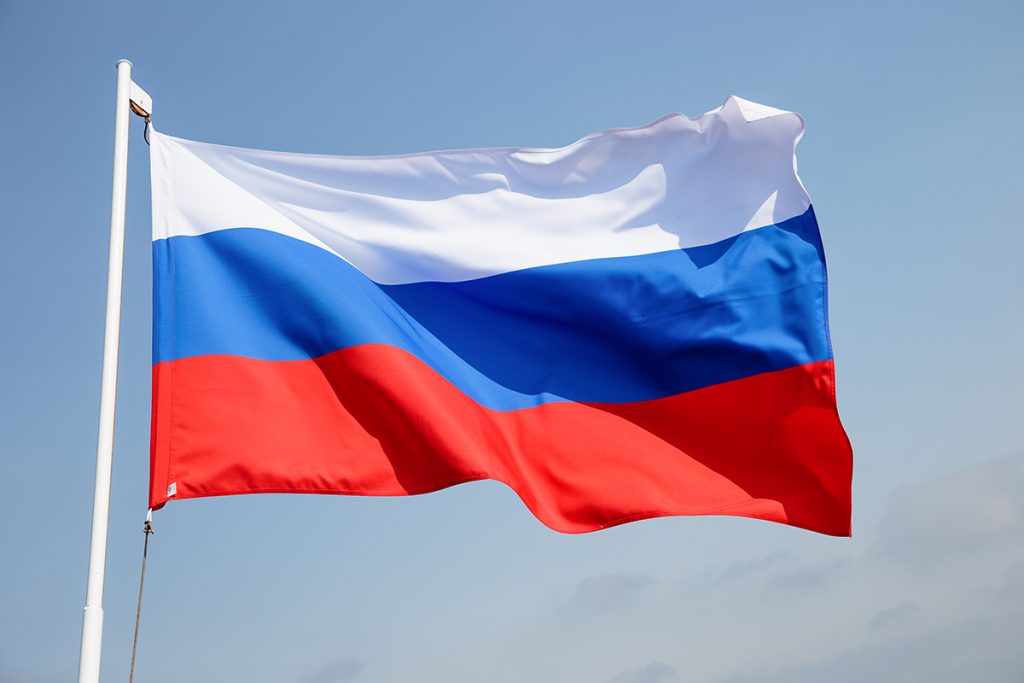In a development that highlights the complex geopolitical dynamics between Russia and the West, the Kremlin acknowledged on Friday that some of the Russians freed in the largest prisoner swap since the Cold War were intelligence operatives. This revelation came as families of released dissidents celebrated their unexpected freedom.
The swap saw the release of several high-profile figures, including journalists Evan Gershkovich and Alsu Kurmasheva, and former Marine Paul Whelan, who were welcomed by their families and President Joe Biden in Maryland. Simultaneously, in a mirrored scene in Moscow, President Vladimir Putin greeted the returning Russians at Vnukovo Airport, promising them state awards and discussions about their futures.
One of the most notable returnees was Vadim Krasikov, a Russian assassin who was serving a life sentence in Germany for the 2019 murder of a former Chechen fighter in Berlin. German judges had determined that the killing was carried out on orders from Russian authorities. Kremlin spokesman Dmitry Peskov confirmed that Krasikov is an officer of the Federal Security Service (FSB) and had served in the FSB’s special Alpha unit, alongside some of Putin’s bodyguards. This confirmation underscores Putin’s vested interest in including Krasikov in the swap.
The exchange also involved Artem Dultsov and Anna Dultsova, undercover intelligence officers known as “illegals.” Operating under the guise of Argentine expats, they had been based in Ljubljana, Slovenia, since 2017, relaying Moscow’s orders to sleeper agents. Arrested on espionage charges in 2022, the couple’s return to Moscow was marked by the surprising revelation to their children, who learned of their Russian nationality only during the flight back. The children, who did not speak Russian, even asked who Putin was upon meeting him, illustrating the sacrifices made by intelligence operatives.
The historic trade, months in the making, unfolded despite the strained relations between Washington and Moscow following Putin’s invasion of Ukraine in February 2022. In total, Moscow freed 15 individuals, including Americans, Germans, and Russian dissidents, most of whom had been jailed on charges widely seen as politically motivated. Additionally, a German national was released by Belarus.
Among the freed dissidents were several prominent Kremlin critics and activists. Vladimir Kara-Murza, a Pulitzer Prize-winning writer serving a 25-year sentence on treason charges, was among those released. Others included associates of the late opposition leader Alexei Navalny, veteran human rights campaigner Oleg Orlov, and Ilya Yashin, who had been imprisoned for criticizing the war in Ukraine. These individuals were flown to Germany, where they were met with an outpouring of joy and relief from their supporters and relatives.
The release of opposition activist Andrei Pivovarov was particularly emotional for his wife, Tatyana Usmanova, who expressed her overwhelming happiness on social media. Pivovarov had been arrested in 2021 and sentenced to four years in prison.
In a testament to the significance of the swap, Vladimir Kara-Murza conveyed his disbelief and gratitude in a phone call to President Biden. He expressed that the swap had saved many lives and that he was still coming to terms with his unexpected freedom.
This prisoner exchange marks a significant moment in the ongoing geopolitical tensions between Russia and the West. It underscores both the human impact of these international conflicts and the lengths to which nations will go to secure the release of their nationals. As the released individuals begin to rebuild their lives, the broader implications of this historic swap continue to unfold on the global stage.


